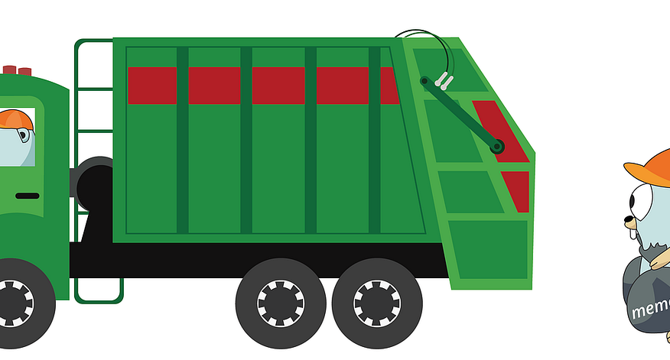Medium
4w
431

Image Credit: Medium
Go’s Garbage Collector is Not as Good as You Think
- Go's garbage collector (GC) is designed to minimize stop-the-world pauses, but it introduces latency, especially in applications with large heaps.
- Unlike real-time garbage collectors in languages like Java, Go's GC can cause unpredictable spikes in response time, affecting applications requiring consistent performance.
- While Go's GC runs concurrently with the application, it consumes CPU cycles even during critical operations, reducing system efficiency and making Go less suitable for low-latency execution.
- Compared to languages like C++ and Rust, Go developers have limited control over memory allocation and deallocation, leading to unnecessary memory retention and inefficiencies for applications handling large amounts of data.
Read Full Article
25 Likes
For uninterrupted reading, download the app